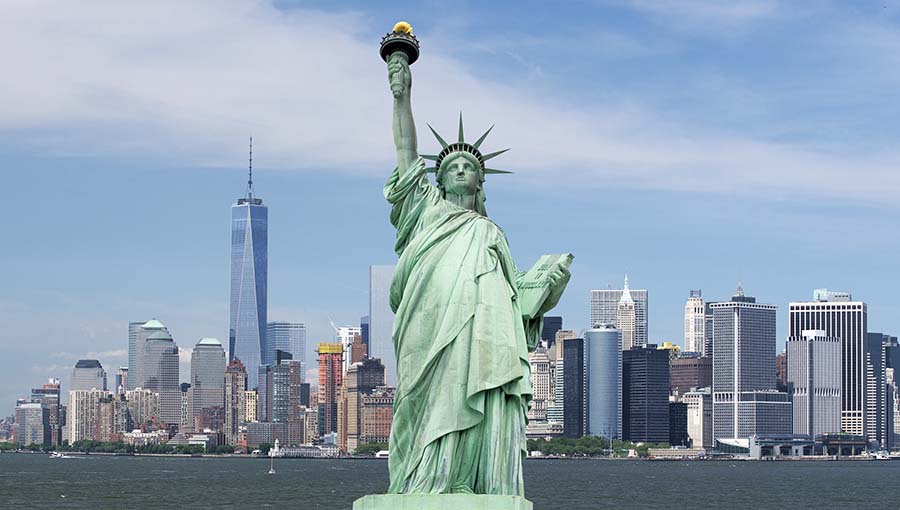Q and A with Andrew T. Walker
Andrew T. Walker is Assistant Professor of Christian Ethics at The Southern Baptist Theological Seminary and the author of God and the Transgender Debate.
Christian Union: The Magazine interviewed Walker on the Equality Act and its implications for Christians. Walker has voiced concern regarding how the Equality Act’s provisions add the categories of “sexual orientation” and “gender identity” to the list of protected classes in the 1964 Civil Rights Act.
CU MAGAZINE: How would you define religious freedom?
ANDREW WALKER: Religious freedom entails the ability of persons to reach conclusions about religious truth on their own and to live out the implications of this truth unhindered in their lives.
CU: You have called the Equality Act “the most invasive threat to religious liberty ever proposed in America.” At its core, why is the Equality Act so dangerous?
AW: At its core, the Equality Act is not viewpoint neutral. It says that progressive understandings of sexual orientation and gender identity are government orthodoxy. By default, it must treat the historic Christian sexual ethic as a force for animus and discrimination. Any person, or any institution, on the wrong side of this orthodoxy will, by necessity, find themselves on the wrong side of government policy and cultural opinion.
CU: What are some of the dire implications for religious freedom if this bill is passed?
AW: The ability of Christians to enter certain vocations would be severely hampered: education, medicine, social work, and counseling among them. To the extent that these guilds adopt SOGI standards, Christians will find themselves unable to comply and locked out of certain industries. Even more urgent, to the extent that Christian colleges and universities have moral conduct codes, they would be threatened by their students being unable to apply for government-backed loans and grants.
CU: Will the Equality Act create inequity for Christians and lead to intolerance for Christian beliefs and values?
AW: Yes, of course. The Equality Act fails to differentiate between views that are morally repugnant from views that are culturally disfavored. The Christian sexual ethic may not be popular, but that does not mean it is wrong. The Equality Act treats the Christian sexual ethic the same way that federal law treats those who would discriminate on the basis of race. Since law is in the business of bringing about conformity to its expectations, the law will shape popular attitudes about what is acceptable and unacceptable, which means an increasing hostility to the Christian sexual ethic.
CU: In addition to infringing on religious freedom, how will the Equality Act effect children, families, education, and pro-life causes, and culture in general?
AW: The Equality Act signals the closing off of the American mind to important debates about human flourishing. You cannot consider the Christian sexual ethic as an exporter of bigotry and animus and that not ricochet around the rest of the culture. The Equality Act treats moms and dads, men and women, as interchangeable realities. Gone would be the days where society can arrive at any stable, static concept of what it means to be male or female. Any area where gender distinction plays a part in our daily encounters with the world will necessarily be impacted.
CU: What can Christians do in response to the looming threat of the Equality Act?
AW: Fundamentally, they can reject fear as a response to the cultural challenges. Christ has overcome the world, and when Christians espouse fear, we betray our trust in a sovereign Creator. That is not a plea to passivity or indifference; it is, rather, about cultivating a posture of readiness and witness. Moreover, Christians should prioritize religious liberty as a first-tier voting issue because it implicates so many other issues—namely, the place of Christian arguments in an increasingly secular world.
To learn more about Christian Union's ministry at some of the nation's most influential universities, please click here.













